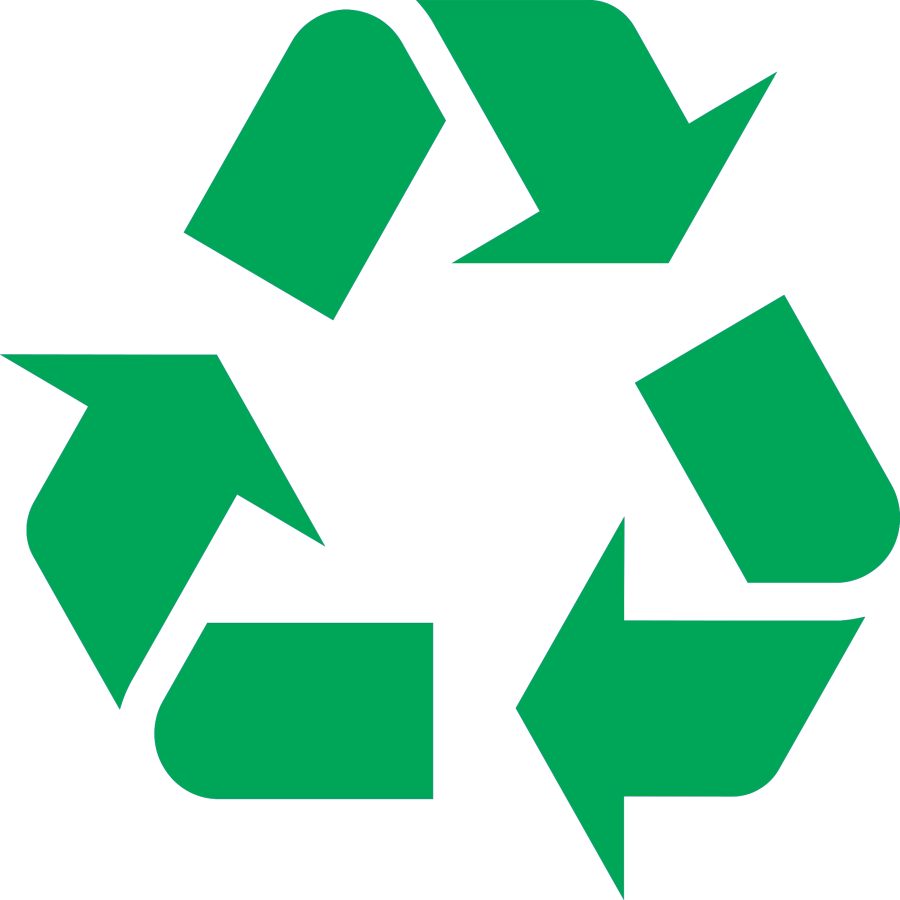College is a time for students to learn many new things they may not have experienced under their parents’ roof, like pulling all-nighters and getting to class on time. A student’s education expands well beyond what they learn in the classroom.
As college students, most of us are learning how to live on our own for the first time, including, and this may not sound important, learning how to dispose of our trash. Stay with me on this. College is an easy place to get lazy while bogged down with papers and presentations, so it is vital that UA sets the right standard for its students by making it as easy as possible for all of its students to learn the value of the 3 R’s: Reduce, Reuse and Recycle.
The state of Alabama is ranked number 46 out of 50 when it comes to eco-friendly behaviors. (Mississippi is higher than us, I’m just saying.) The Black Warrior River was on the “top 10 most endangered rivers” list in 2011 and 2013. The average daily solid waste generated by Alabamians is 9.9 pounds per person – 5.4 more pounds than the average American. I won’t sugar coat it – Alabama sucks at taking care of itself.
In the United States, we recycle less than one-fourth of our trash. That means most of it ends up in landfills. U.S. landfills are closing at a high rate, due to being full or causing serious groundwater contamination. Build more landfills? Sorry, we’re running out of space for them. Who wants to live next to one, anyway? Obviously, less recycling means more mining to extract the materials we use to make our solid waste. So who wants to live near a quarry or mining operation? Experts think that more than 70 percent of our solid waste can easily be eliminated with a little intelligent forethought; reduce waste, make smart purchases, use and reuse personal items as much as possible and recycle materials that you do discard. This will work on a large scale only if everyone does it. If the result is a cleaner environment, why wouldn’t each of us want to do our fair share?
As human beings, we are quick to come up with excuses as to why our behavior is okay. You toss that bottle because you’re in a hurry and don’t have time to walk over to the blue bin and throw it in. It is just one bottle, you convince yourself. But those bottles quickly add up. Only one in every five plastic bottles makes it to a recycling bin because of excuses like that.
The University is home to the largest Greek life in the United States. Almost 1,500 students call their Greek houses home, but many of those houses are not even home to recycling bins. Imagine all of the waste created every band party or Fried Friday that ends up in landfills. If we’re as philanthropic as we say, the Greek community should be more concerned with this issue, and with protecting our shared home.
The University of Alabama should be responsible for educating all of its students when it comes to taking care of the environment. It is obvious that many Alabamians are unaware of the importance of minimizing their waste –– and it will stay that way if we don’t do something about it.
Katie Schafer is a senior majoring in public relations. Her column runs biweekly.






